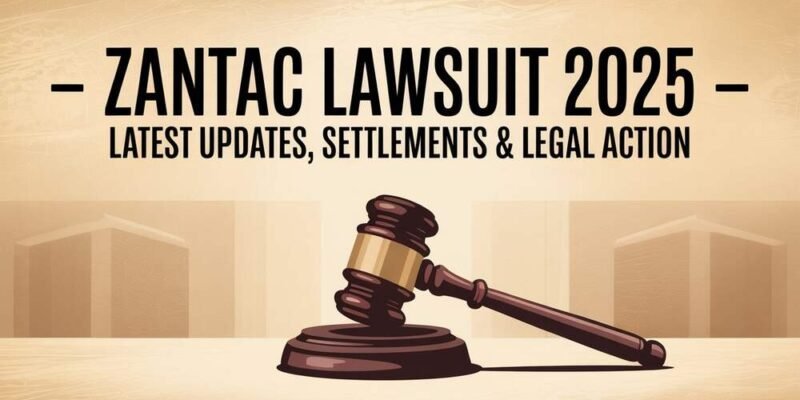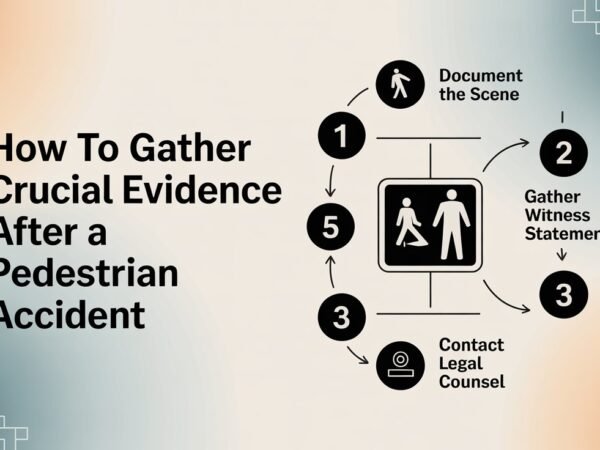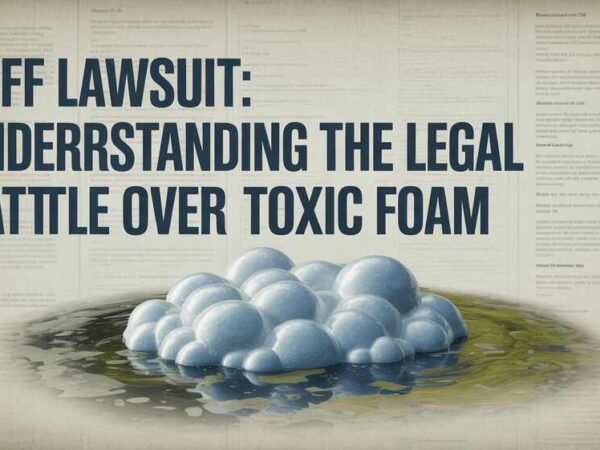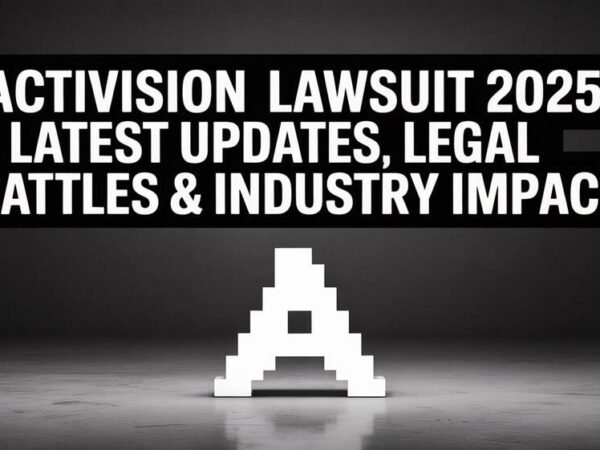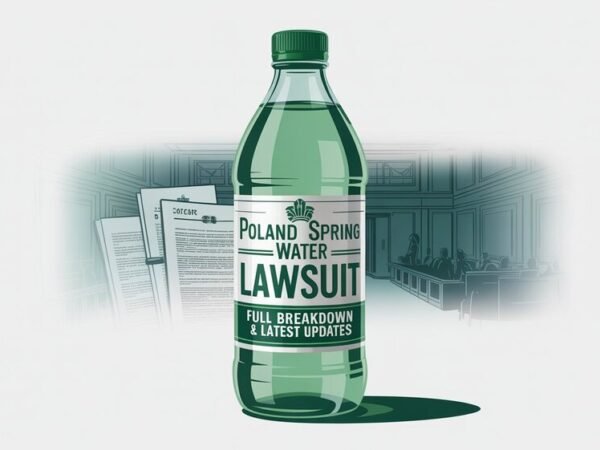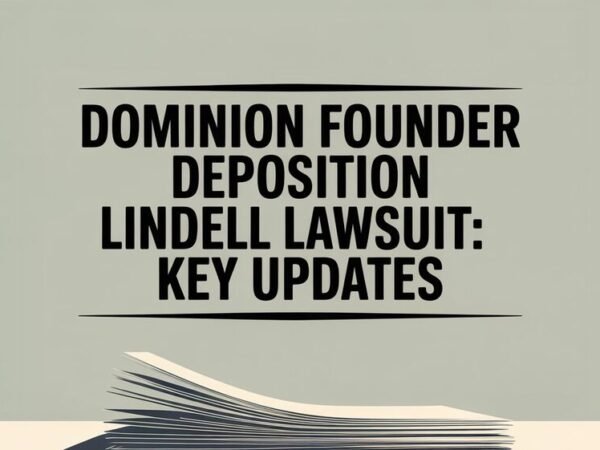Introduction to the Zantac Lawsuit
The Zantac lawsuit remains one of the most significant pharmaceutical litigations in recent memory. With its roots tracing back to the recall of Zantac (ranitidine) in 2019, the case has evolved dramatically through 2025. Thousands of individuals have filed claims alleging that Zantac caused various forms of cancer due to contamination with NDMA, a probable human carcinogen. The legal landscape is rapidly shifting as more court rulings and settlements emerge. This article provides a comprehensive, up-to-date look at the current state of the Zantac lawsuit, who is eligible to file a claim, and what plaintiffs can expect moving forward.
What Is Zantac and Why Was It Recalled?
Zantac, known generically as ranitidine, was a popular over-the-counter and prescription medication used to treat heartburn, GERD, and stomach ulcers. Approved by the FDA in the 1980s, it quickly became one of the top-selling medications globally. However, in 2019, alarming evidence surfaced suggesting that ranitidine could degrade and form N-nitrosodimethylamine (NDMA), especially when stored under certain conditions. NDMA is classified by the World Health Organization (WHO) and the U.S. Environmental Protection Agency (EPA) as a probable carcinogen. The FDA issued a market withdrawal in April 2020, urging manufacturers to halt sales and advising consumers to stop using the product immediately.
What Is NDMA and Its Link to Cancer?
NDMA is a nitrosamine compound that has been studied extensively in laboratory settings. While trace amounts can be found in food and water, the levels detected in Zantac were significantly higher, raising serious public health concerns. Research has linked NDMA exposure to a variety of cancers, including those affecting the bladder, stomach, liver, kidneys, and intestines. Studies conducted by independent labs and confirmed by the FDA found NDMA levels in ranitidine products exceeded safe daily intake limits by thousands of times, prompting widespread legal and regulatory action.
Major Drug Manufacturers Named in Lawsuits
Several pharmaceutical companies that manufactured, distributed, or sold Zantac have been named in lawsuits. These include GlaxoSmithKline (GSK), the original patent holder, Sanofi, Pfizer, and Boehringer Ingelheim. Each company has responded differently: GSK has denied liability but agreed to a significant settlement, while Sanofi and Pfizer have reached confidential agreements with numerous plaintiffs. Boehringer Ingelheim continues to contest many of the claims in court. The involvement of these large corporations adds complexity to the litigation and significantly impacts the scale and scope of the settlements.
Zantac Lawsuit Timeline: Key Events Through 2025
The timeline of the Zantac lawsuit spans several years. Initial warnings about NDMA emerged in 2019, leading to FDA action in 2020. By 2021, thousands of lawsuits had been consolidated into federal multidistrict litigation (MDL). In 2022, the federal judge overseeing the MDL dismissed all claims, citing a lack of admissible expert testimony. However, state court cases continued, especially in California, Delaware, and Illinois. In 2023, GSK settled over 80,000 claims, and in 2024, additional settlements from Sanofi and Pfizer followed. As of 2025, new cases are still being filed, and major trials are scheduled in Delaware and other jurisdictions.
2025 Settlement Updates and Company Payouts
In a landmark move, GSK agreed to a $2.2 billion settlement in early 2025, resolving approximately 93% of Zantac-related claims in state courts. Sanofi also settled over 10,000 claims for an estimated $200–250 million. While not disclosing financial details, Pfizer reached confidential settlements for thousands of cases. These settlements are structured to compensate plaintiffs based on cancer type, duration of Zantac use, and severity of illness. While the payouts vary, they represent significant accountability by the pharmaceutical industry.
Who Is Eligible to File a Zantac Lawsuit?
Individuals who used Zantac regularly for extended periods and were later diagnosed with certain types of cancer may be eligible to file a lawsuit. Eligible cancers include bladder, stomach, liver, esophageal, pancreatic, and colorectal. Plaintiffs must also provide proof of Zantac usage and a confirmed medical diagnosis. Additionally, each state has its statute of limitations, so timely filing is crucial. Consulting with an experienced product liability attorney can help determine eligibility and preserve legal rights.
Estimated Compensation in Zantac Cancer Lawsuits
Settlement amounts in the Zantac lawsuit are based on multiple factors, including the type of cancer, the extent of medical treatment required, the impact on quality of life, and the plaintiff’s age. Bladder and stomach cancer cases often receive higher compensation due to their stronger links to NDMA exposure. While some settlements may offer tens of thousands of dollars, others have reportedly reached six-figure or even seven-figure sums. Economic damages, such as lost wages and medical expenses, and non-economic damages, like pain and suffering, are considered in determining compensation.
Current Status of Federal MDL and State Cases
The federal MDL, based in the Southern District of Florida, was dismissed in 2022, but appeals are ongoing in the 11th Circuit Court of Appeals. Meanwhile, state court cases continue to proceed, particularly in California, Delaware, and Illinois. In Delaware, Judge Vivian Medinilla has ruled that expert testimony on the cancer risk posed by NDMA is admissible, allowing thousands of cases to proceed. The difference in federal and state rulings has created a dual-track litigation process that plaintiffs must navigate carefully.
Zantac Class Action vs. Individual Lawsuits
Zantac claims are generally handled as individual lawsuits rather than class actions due to the precise nature of each plaintiff’s medical history and cancer diagnosis. Mass tort litigation allows for shared evidence and resources but individual evaluations. This approach increases the likelihood of fair compensation tailored to each case’s damages. Plaintiffs must decide whether to pursue personal litigation or join mass settlements, often with guidance from legal counsel.
How to File a Zantac Claim in 2025
Filing a Zantac lawsuit in 2025 involves collecting medical records, documenting Zantac usage, and choosing a qualified attorney. Many law firms offer free consultations and work on a contingency basis, meaning they only get paid if you win. Early action is essential, as the statute of limitations can limit your ability to file. A well-documented claim with medical support has a more substantial chance of success and better settlement outcomes.
Legal Risks and Considerations for Plaintiffs
While many plaintiffs are seeing favorable outcomes, there are still risks. Some cases may be dismissed for lack of evidence, and pharmaceutical companies may appeal unfavorable rulings. Additionally, litigation timelines can be long and emotionally taxing. Understanding these challenges and setting realistic expectations is crucial. A reputable attorney can help manage these risks and guide plaintiffs through the complex legal process.
Zantac Lawsuit FAQs
What cancers are linked to Zantac?
Bladder, stomach, liver, and esophageal cancers are most commonly cited.
Can I still file a claim in 2025?
Yes, but deadlines vary by state. Contact a lawyer immediately.
How long does it take to receive a settlement?
Timelines vary, but most are resolved within 12–24 months of filing.
Do I need to go to court? A: Not necessarily. Many cases are settled without a trial.
Conclusion: What Comes Next in Zantac Litigation
As of 2025, the Zantac lawsuit remains a dynamic and evolving legal battle. The litigation shows no slowing, with billions already paid in settlements and more cases heading to trial. For affected individuals, staying informed and acting swiftly is key. Whether pursuing compensation or seeking accountability, the Zantac lawsuit is a powerful reminder of the importance of pharmaceutical safety and consumer protection.
Do Read: Celsius Drink Lawsuit – 2025 Legal Updates, Claims & Consumer Impact


